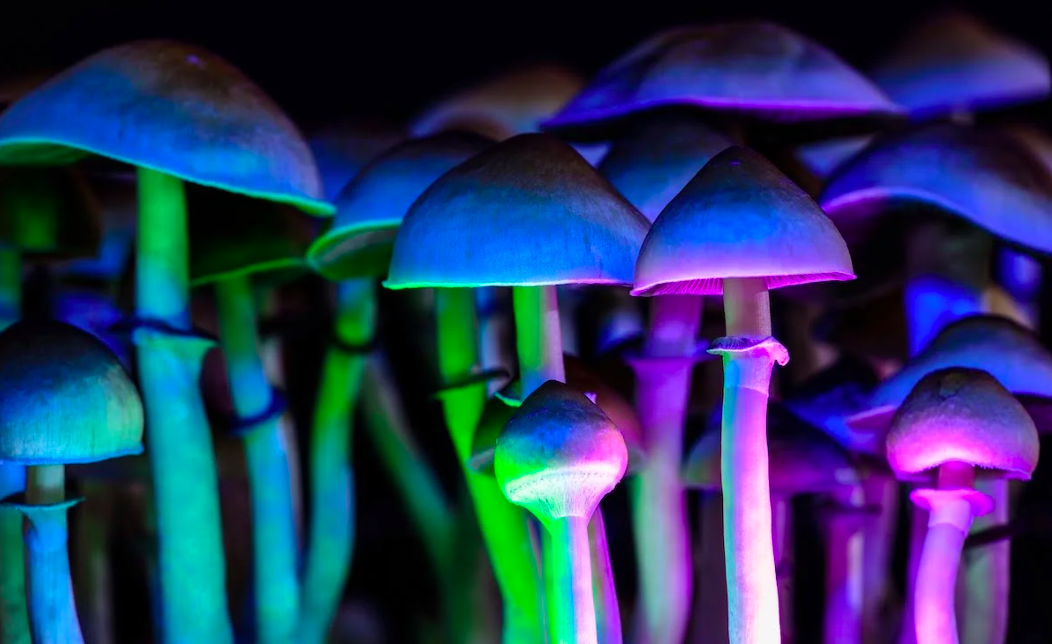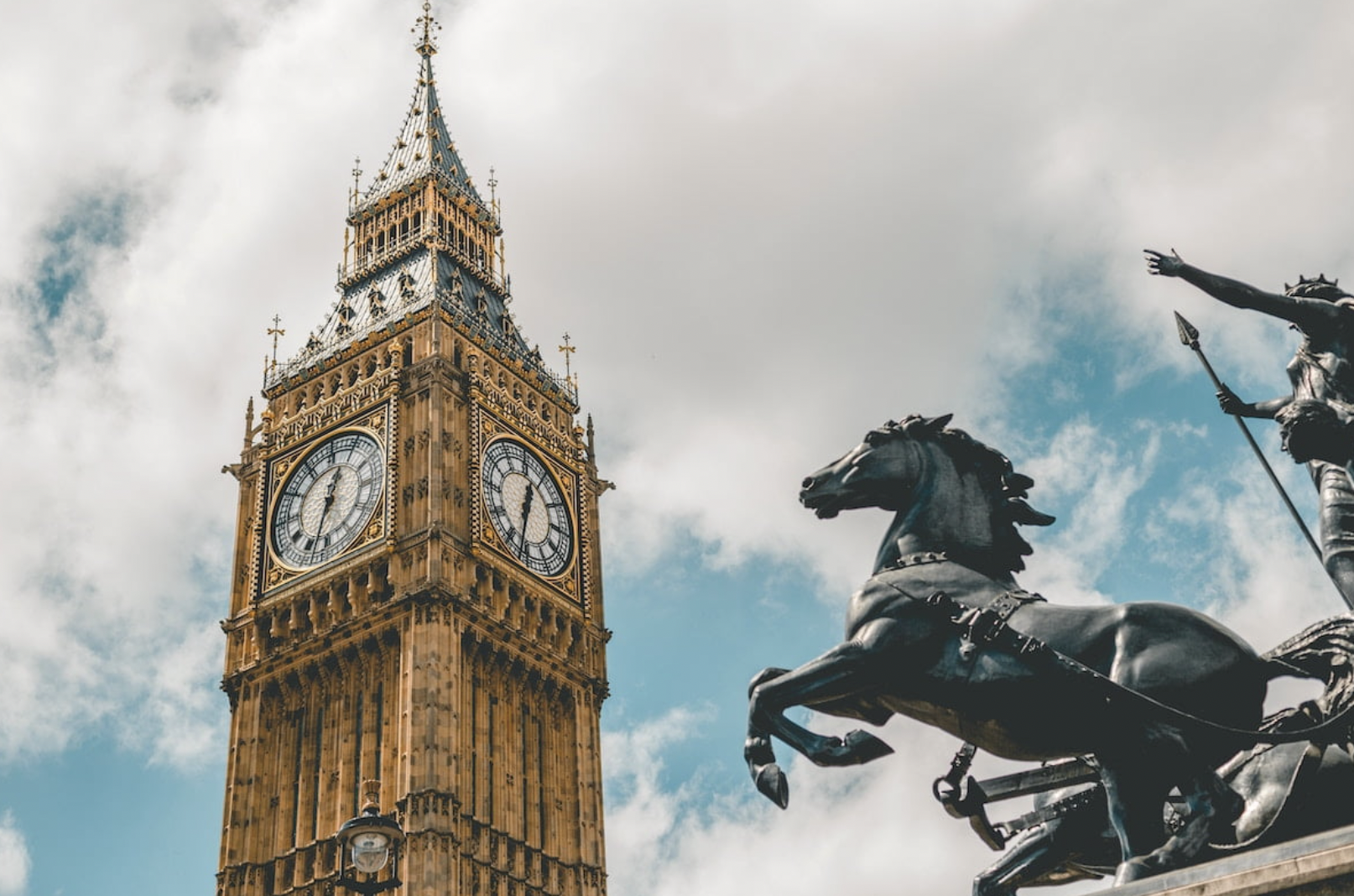Is connection key? How clinicians impact patient outcomes in psychedelic therapy
A wealth of research is showing how psychedelic-assisted therapy holds promise for the treatment of mental health conditions such as depression, but what role does the therapist play in a patient’s outcome? A new study has suggested it may be a big one.
Psychedelics have piqued huge interest due to their effects on the brain. Research points to their ability to induce neuroplasticity in the brain as one of the key reasons they may help with conditions such as depression and anxiety.
However, set – the individual’s (or patient’s) mental state – and setting – the individual’s environment during a psychedelic experience – are hugely impactful on the outcome of these experiences.
In the traditional use of psychedelic medicines, shamans help to guide set and setting throughout the experience with singing, drumming and ritual. Today, in scientific research, trials, and in clinics, the clinician is essentially playing this role.
To find out more about the impact of the “therapeutic alliance” in psychedelic therapy, researchers from Ohio State University College of Medicine analysed data from a clinical trial that investigated psilocybin-assisted psychotherapy for the treatment of major depressive disorder (MDD), finding that a stronger relationship between patient and clinician led to a better clinical outcome for the patient – with improved depression scores up to 12 months following the experience.
READ MORE

